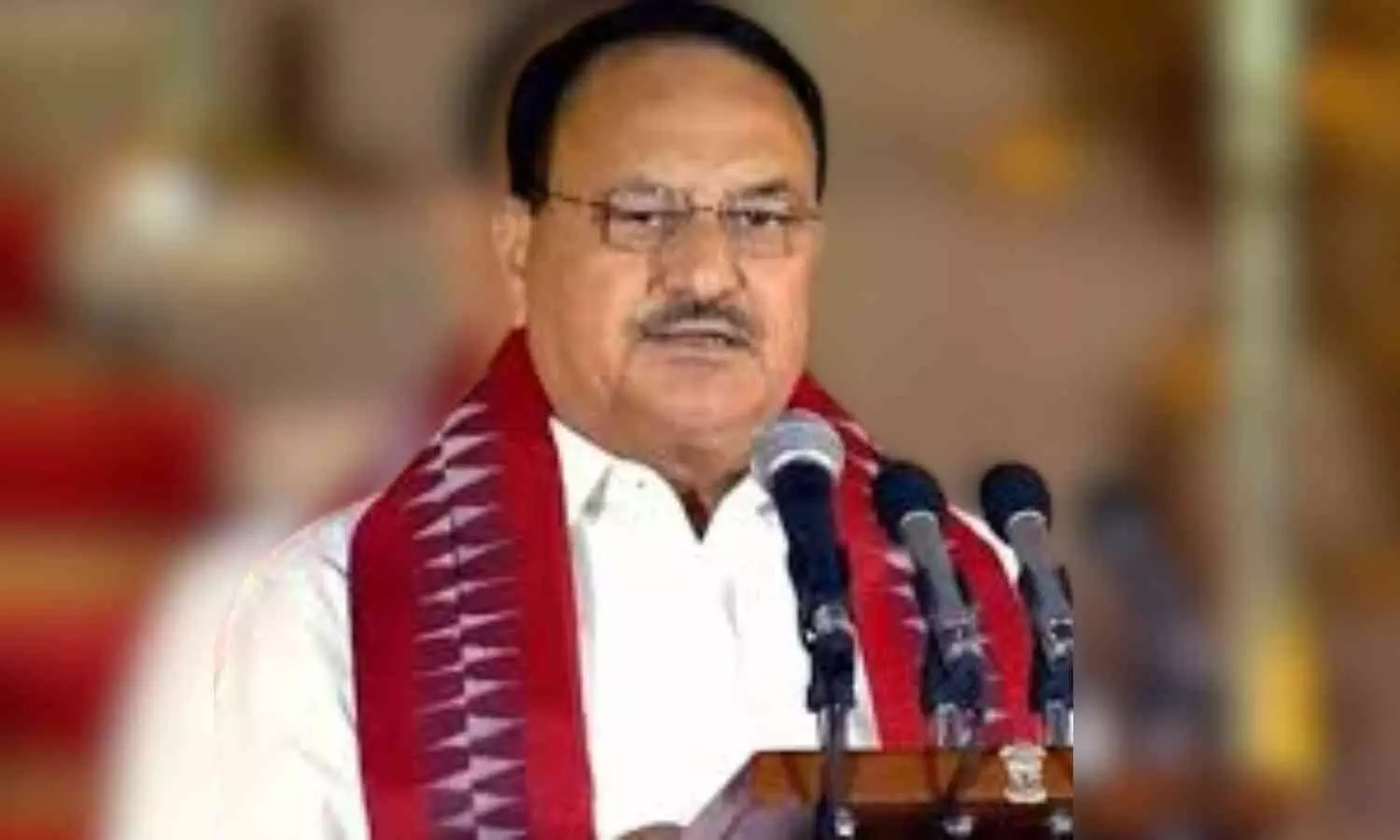Union Health Minister Unveils Five DHR-ICMR Initiatives

New Delhi: Union Health Minister, Shri Jagat Prakash Nadda launched five DHR-ICMR health research initiatives planned under the 100 days agenda, here today. These initiatives aim to propel India to the forefront of global health research and innovation, aligning with the nation's vision of a Viksit Bharat.
Addressing the occasion, Shri JP Nadda remarked, "These groundbreaking initiatives exemplify our commitment to a healthier and more self-reliant India. By fostering indigenous innovation and investing in advanced research, we are equipping our nation to tackle pressing health challenges effectively."
Dr Rajiv Bahl, Secretary DHR & DG ICMR said, “Initiatives like the 'First in the World' Challenge will empower our scientists and innovators to develop cutting-edge technologies that can benefit not just India but the entire world. We are committed to fostering an environment where research thrives, ultimately leading to improved health outcomes and a stronger global standing in medical research for our nation.”
One of the key initiatives launched is the "First in the World" Challenge, inspired by the success of Chandrayaan-3. This high-risk, high-reward research and development scheme is designed to foster the creation of health technologies that are unprecedented globally. The program will fund projects at various stages from proof of concept design to prototype and final product development.
Under the Pradhan Mantri – Ayushman Bharat Health Infrastructure Mission (PM-ABHIM), ICMR is upgrading existing Viral Research & Diagnostic Laboratories (VRDLs) into Infectious Disease Research and Diagnostic Laboratories (IRDLs).
This upgrade extends their focus to bacteriology, mycology, and parasitology, enhancing diagnostic capabilities beyond virology. These upgraded laboratories will bolster India’s capacity for comprehensive surveillance and rapid response to infectious diseases.
ICMR has introduced the ICMR Data Repository, a centralized, secure, and accessible platform featuring high-quality datasets that ensure data integrity and privacy.
Additionally, the UNNATI Initiative (Upgrading Norms for Nutrition, Growth, and Development Assessment of Indian Children) aims to create India-specific growth and development standards for children, overcoming the limitations of existing WHO benchmarks.
ICMR is also undertaking initiatives to develop drugs for rare diseases, with a focus on creating affordable and effective therapies for conditions like Gaucher Disease, Sickle Cell Disease, and others.
Current projects encompass clinical trials, animal studies, and the design phase, aiming to reduce reliance on imported treatments and enhance accessibility for patients across India.


